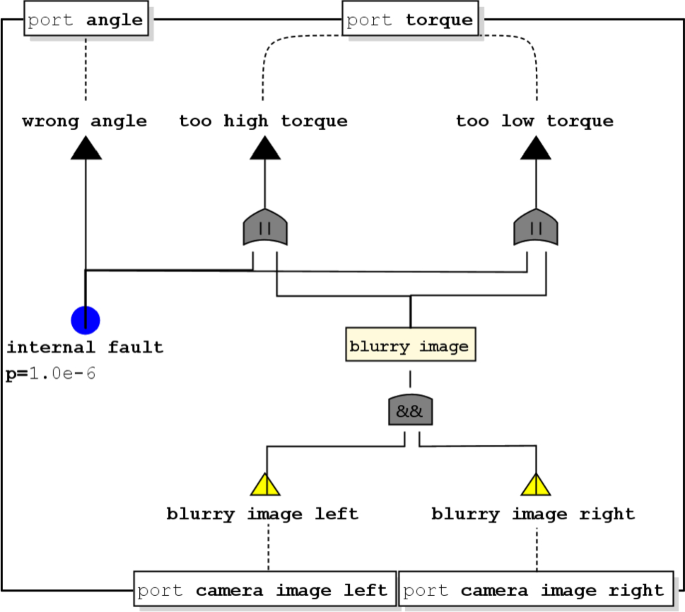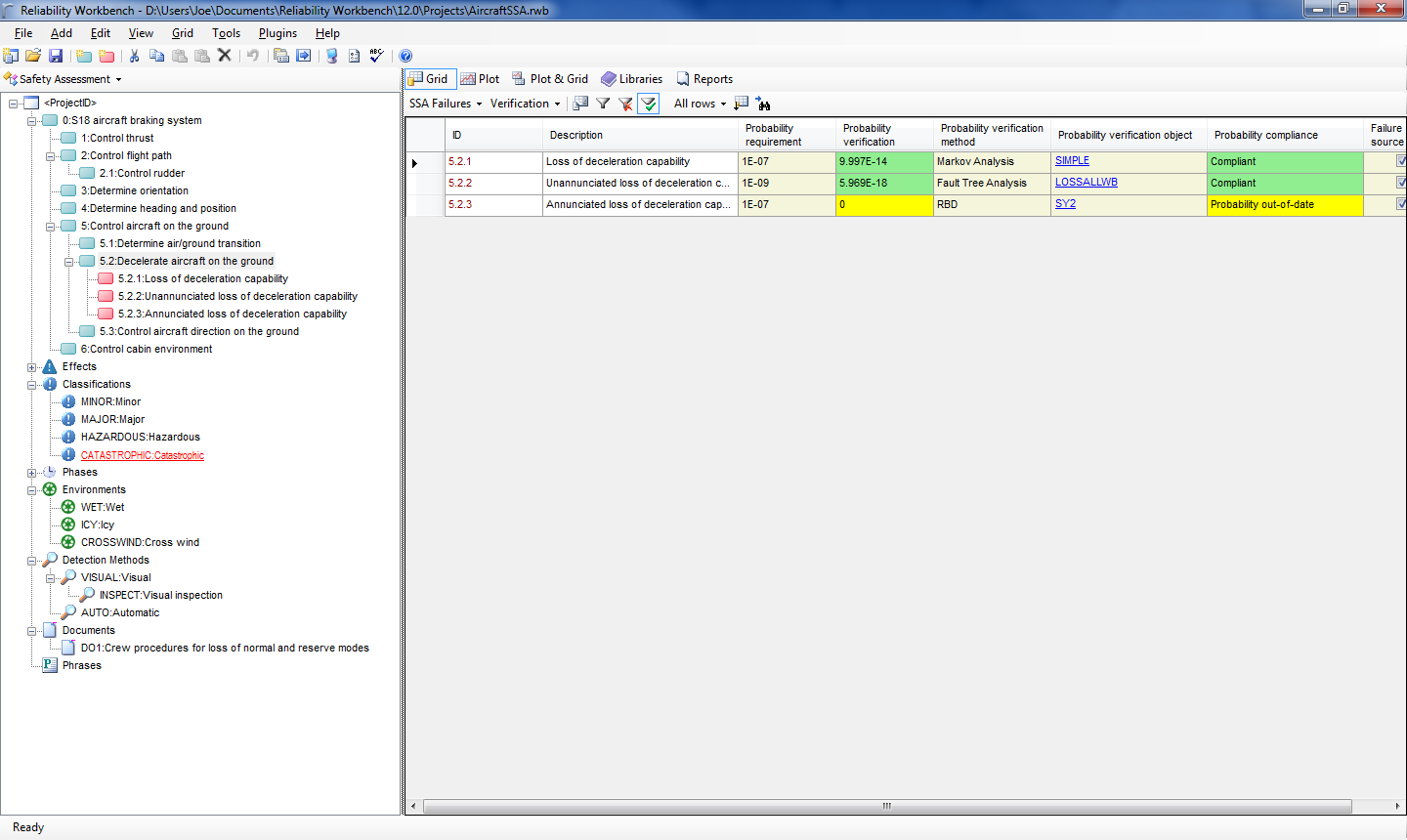

The modules can dynamically share data for ease and consistency. What are the consequences and risks of system failures?Įach of the modules is a powerful application in its own right and can be used independently, but more power is gained by the integration of the modules in to the Reliability Workbench environment. What maintenance or design changes will improve the system reliability? Which are the critical components in my system?

What is the predicted reliability of a system? A Fault Tree forms a logical representation of the manner in which combinations of basic events, often made up of failures at the component level, could lead to a hypothesized failure of a system. Using the various modules you can answer questions such as: Fault Tree Analysis is one of the core techniques used in reliability, risk and safety analyses. Reliability Workbench allows you to develop projects using one or more of the integrated analysis modules. Weibull Analysis of historical failure data
Reliability Prediction to industry standards The Reliability Workbench suite includes all the tools you will need to manage your reliability and safety studies: It is easy to use and is a great tool for all reliability and maintenance professionals.
Reliability workbench fault tree convert to markov software#
The software has been in continuous development since the 1980s. Once the expected frequency of a top-event is known, Eidos applies a proprietary method to develop Event Trees Analysis – ETA.Reliability Workbench is Isograph's flagship suite of reliability, safety and maintainability software. The precise nature of these techniques together with the formal SLIM semantics yield a trustworthy modeling and analysis framework for system and software engineers supporting, among others, automated derivation of dynamic (i.e., randomly timed) fault trees, FMEA tables, assessment of FDIR, and automated derivation of observability requirements. This detailed analysis allows us to identify the main causes, the more relevant protections and all the other information needed during the risk mitigation phase.Įidos developes Fault Trees and Markov Chains fully compliant with IEC 61025 and IEC 61165.

Įidos uses multiple licenses of Reliability Workbench from Isograph Ltd to develop graphical and detailed fault trees with extensive stochastic analysis.Įidos uses the major failure databases (OREDA, SINTEF, IEEE, etc.) for Initiator and Enabler events using the best suitable theoretical models (MTTR, Rate, Dormant, Weibull, Sequential, etc.). Fault Trees analysis is employed to assess the expected frequency of the top-events identified during Top-events identification.


 0 kommentar(er)
0 kommentar(er)
